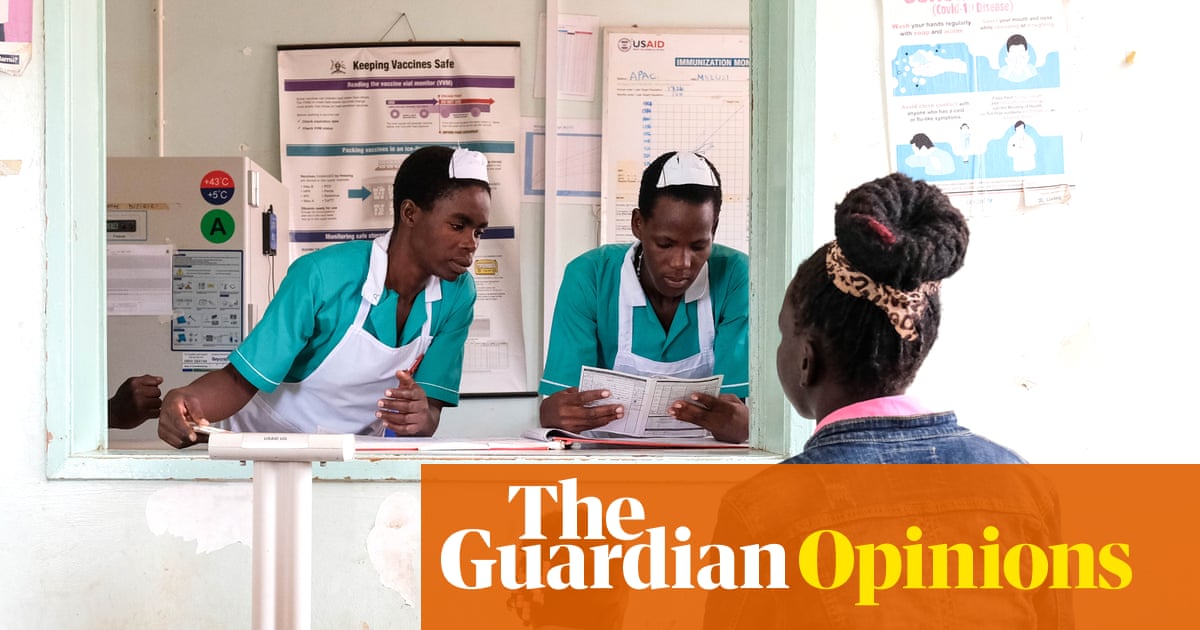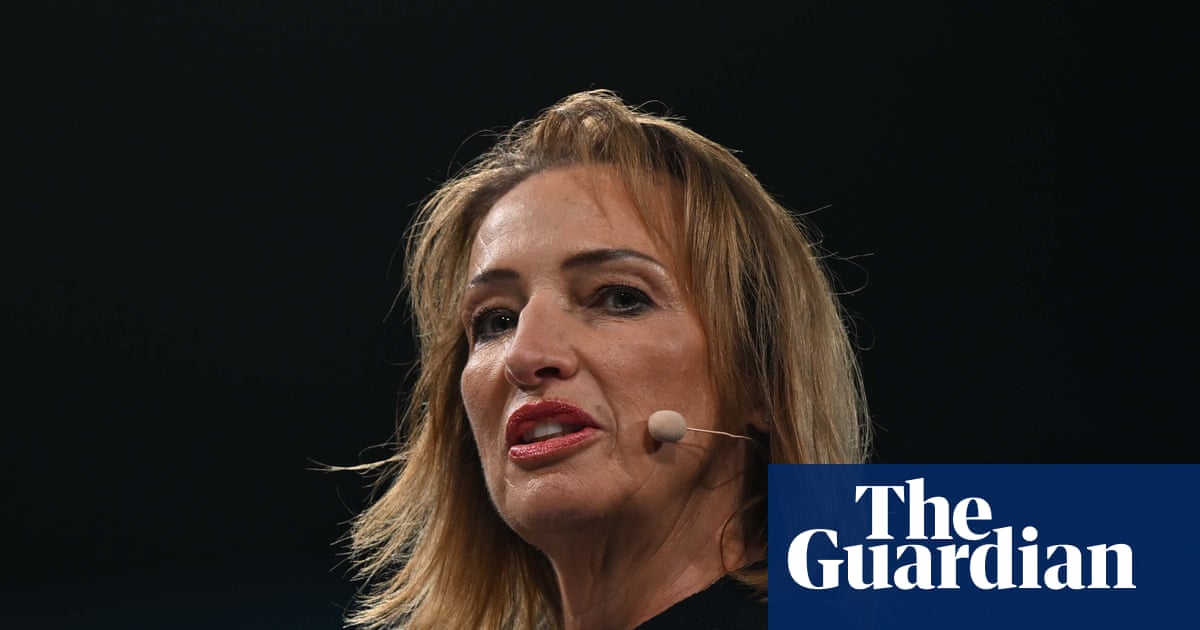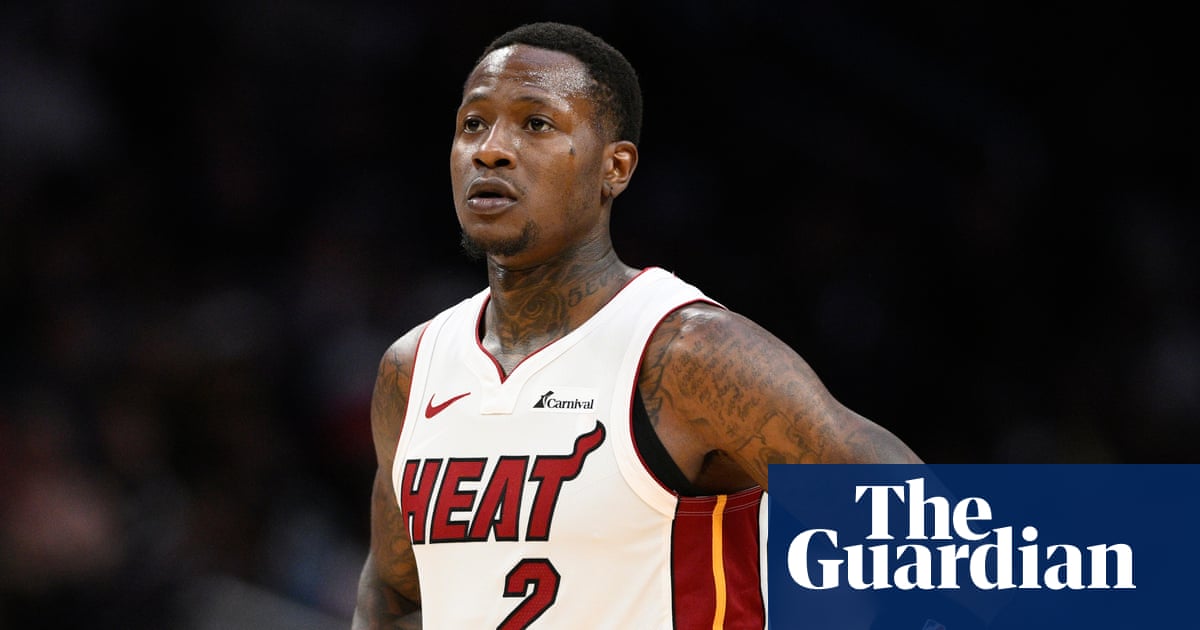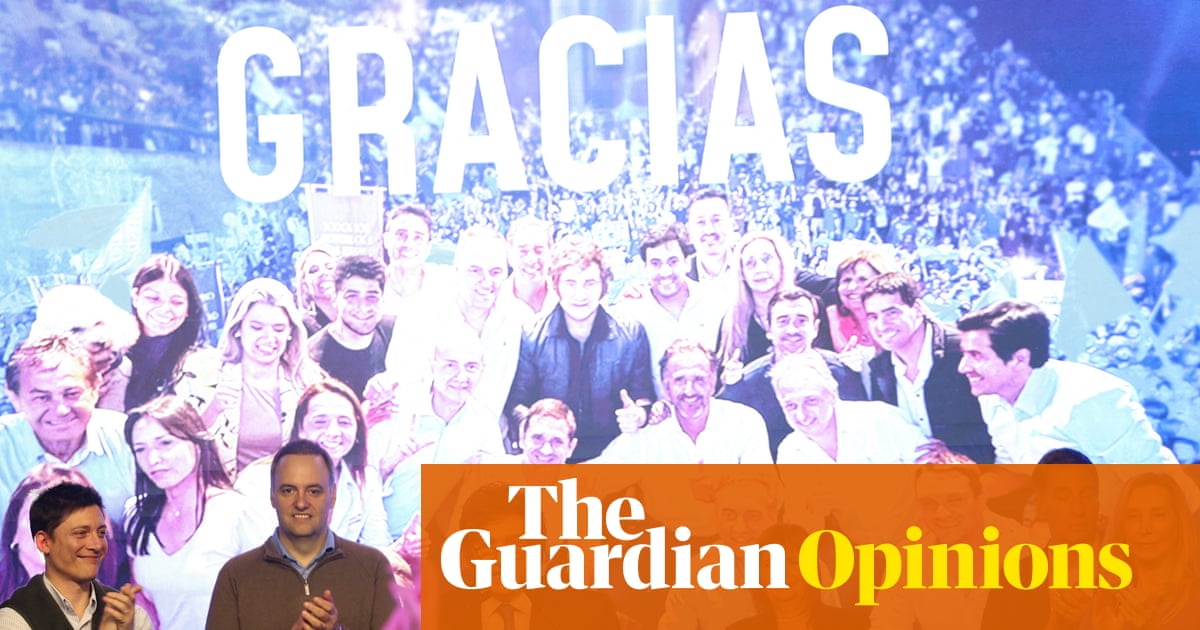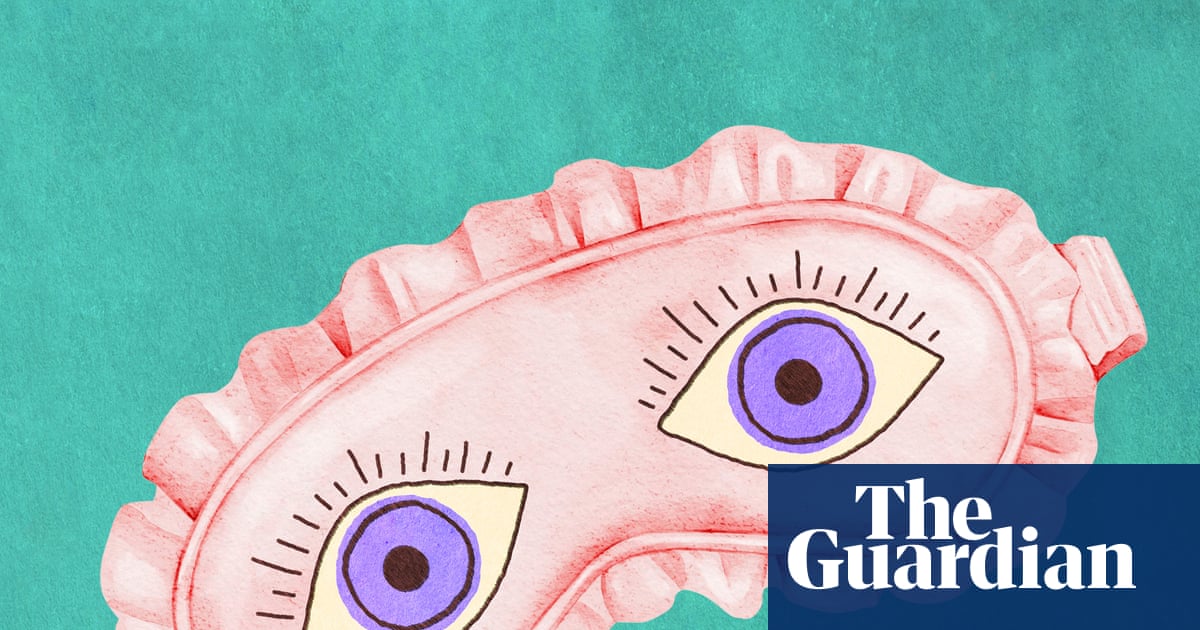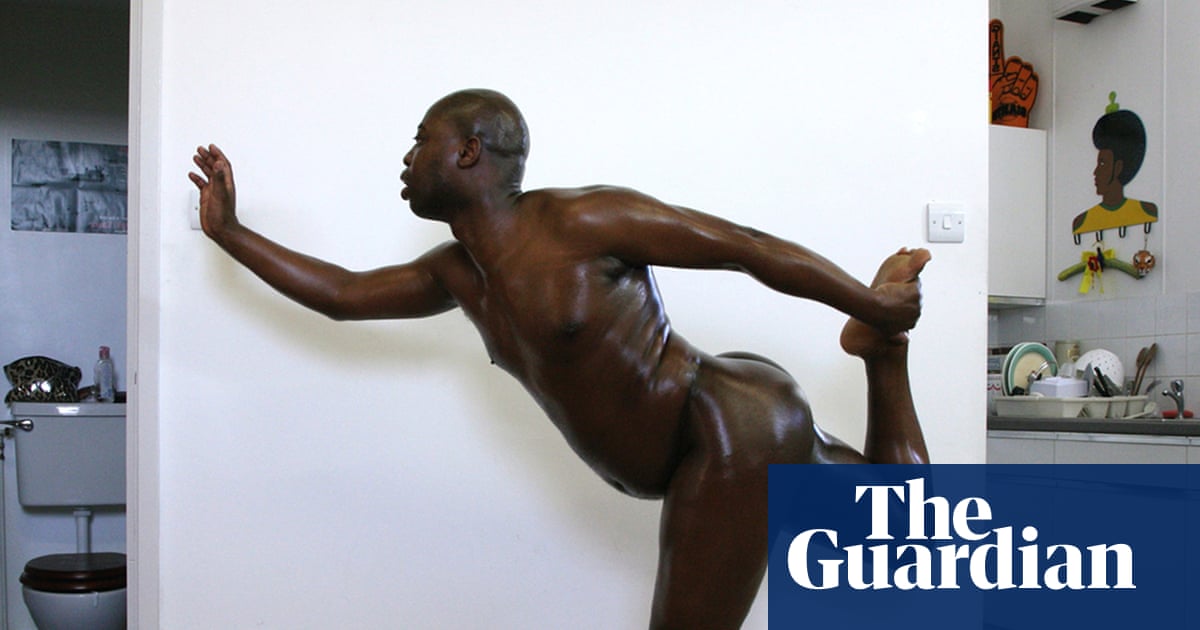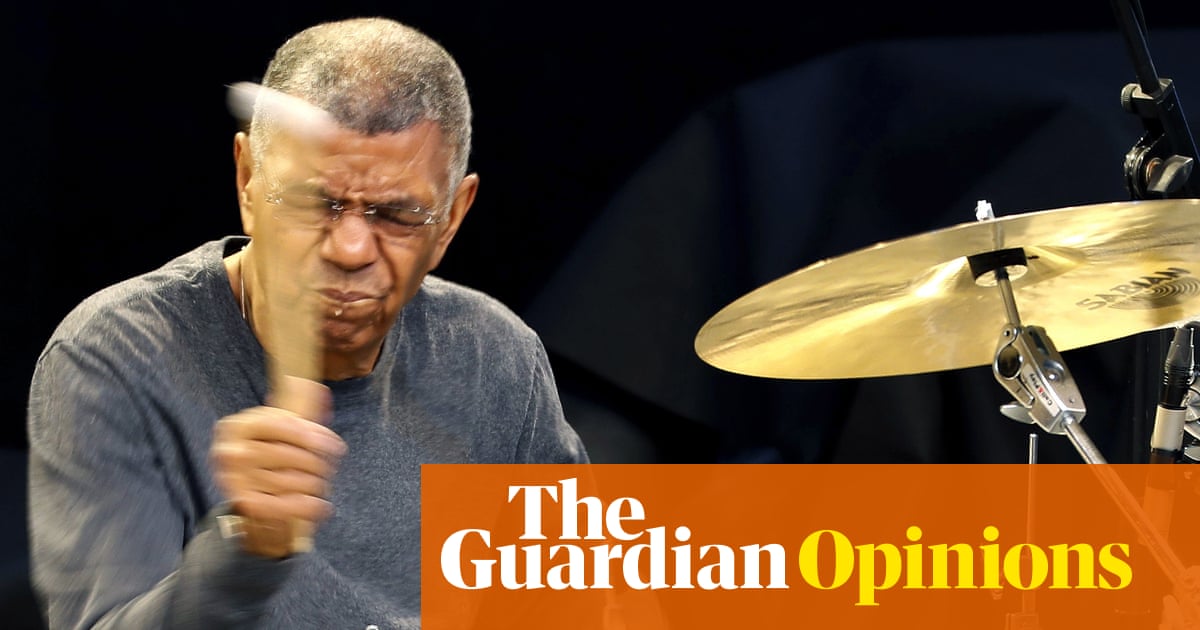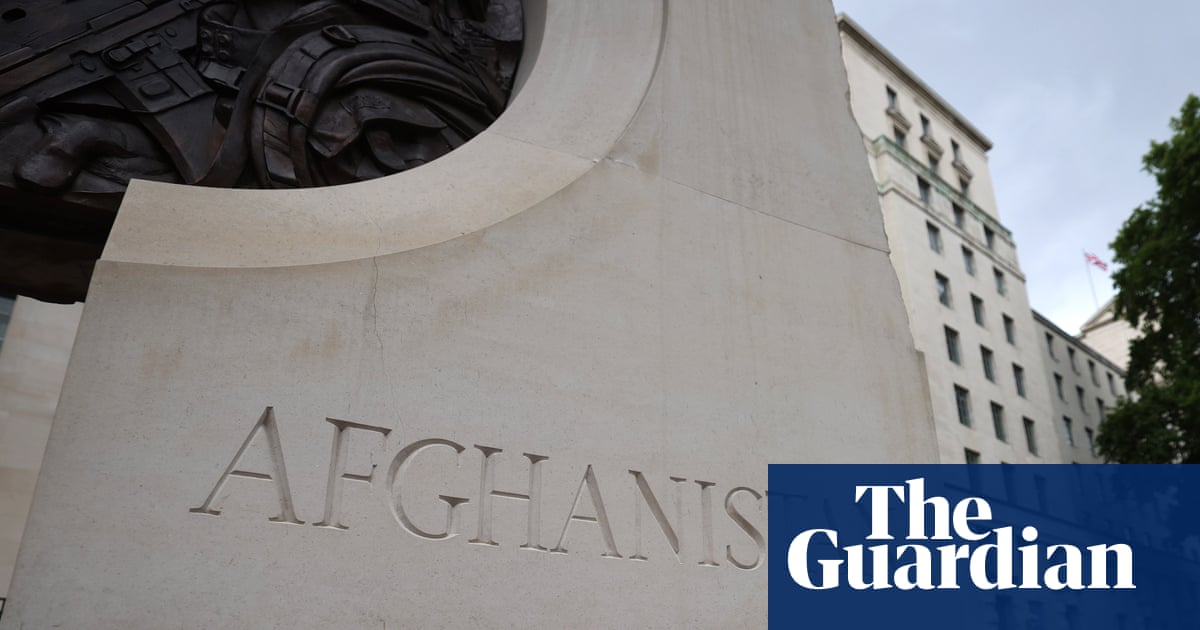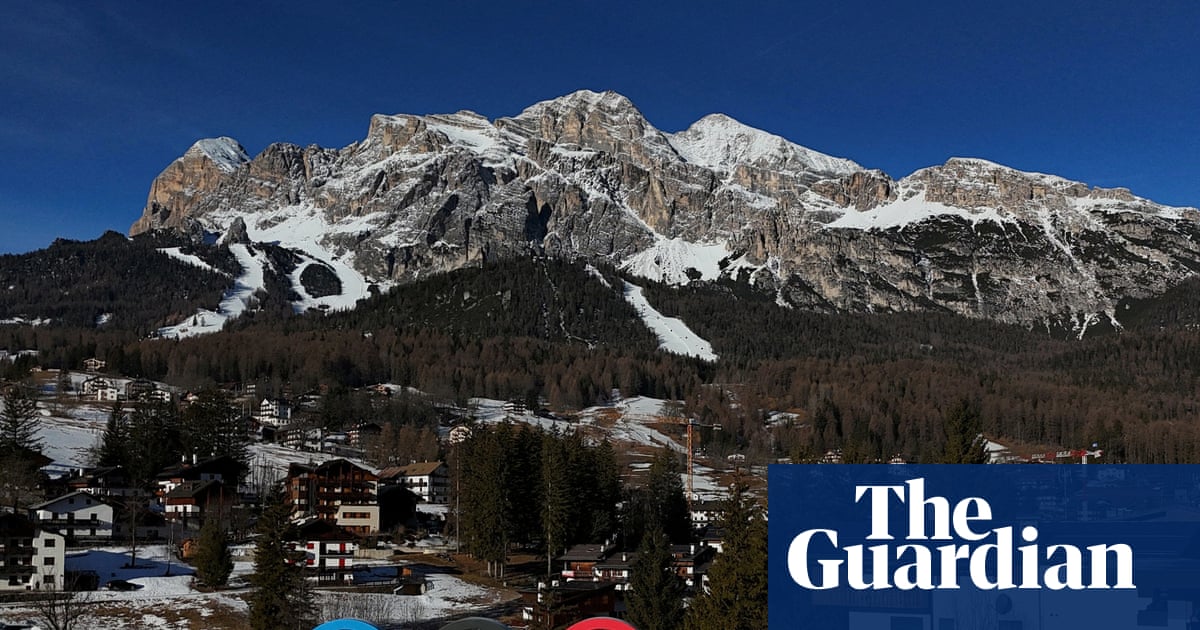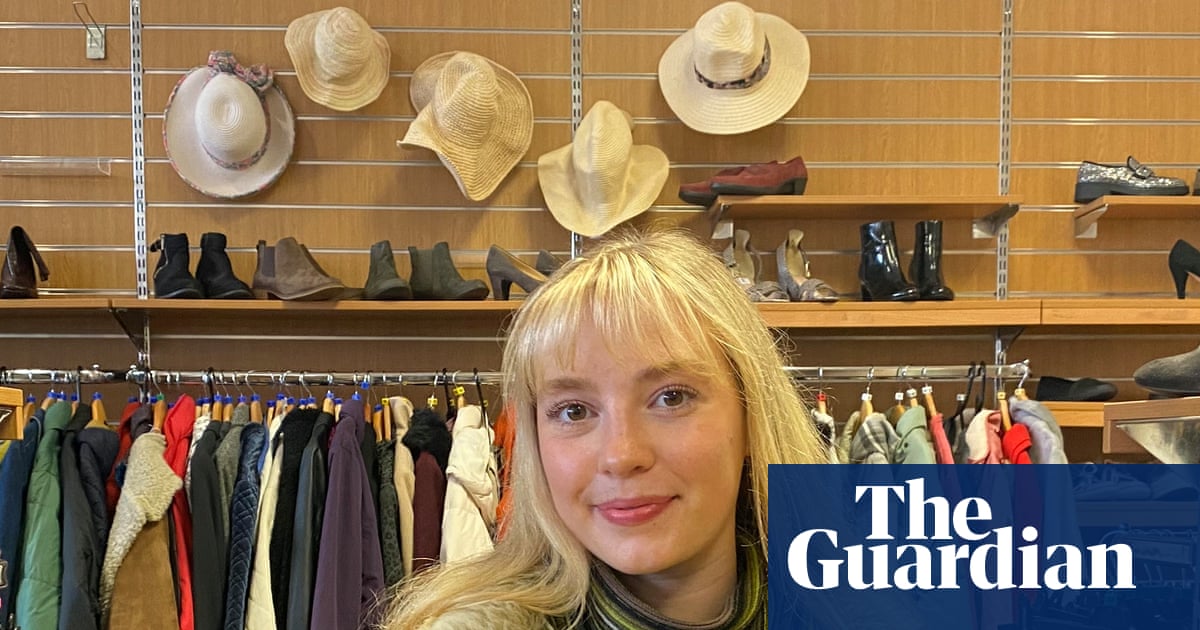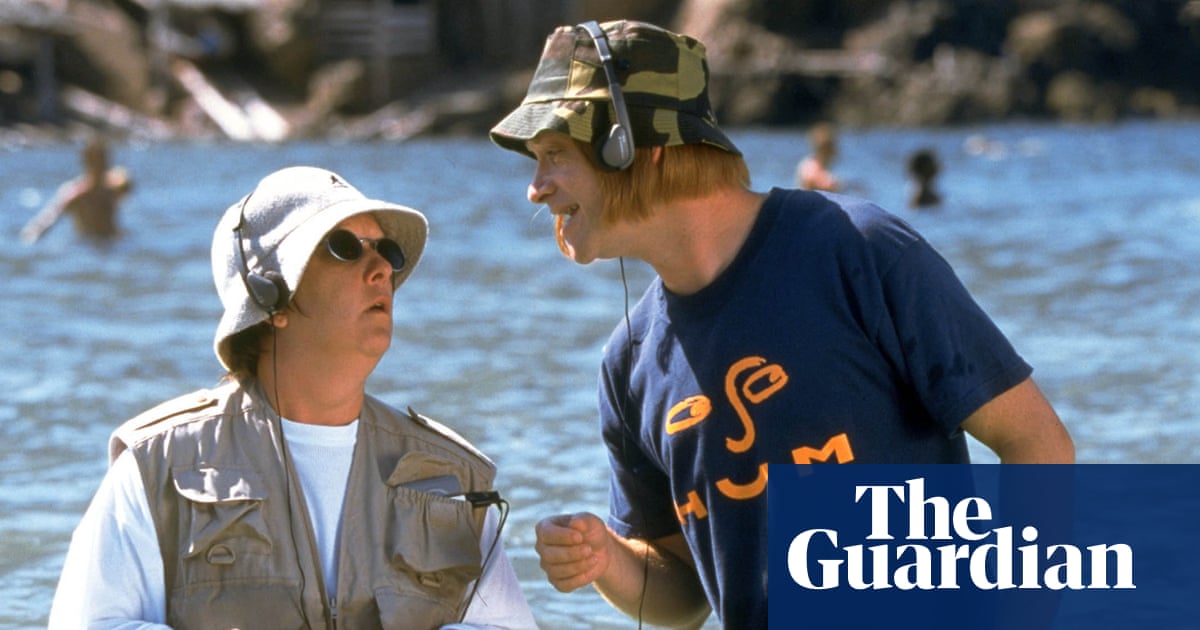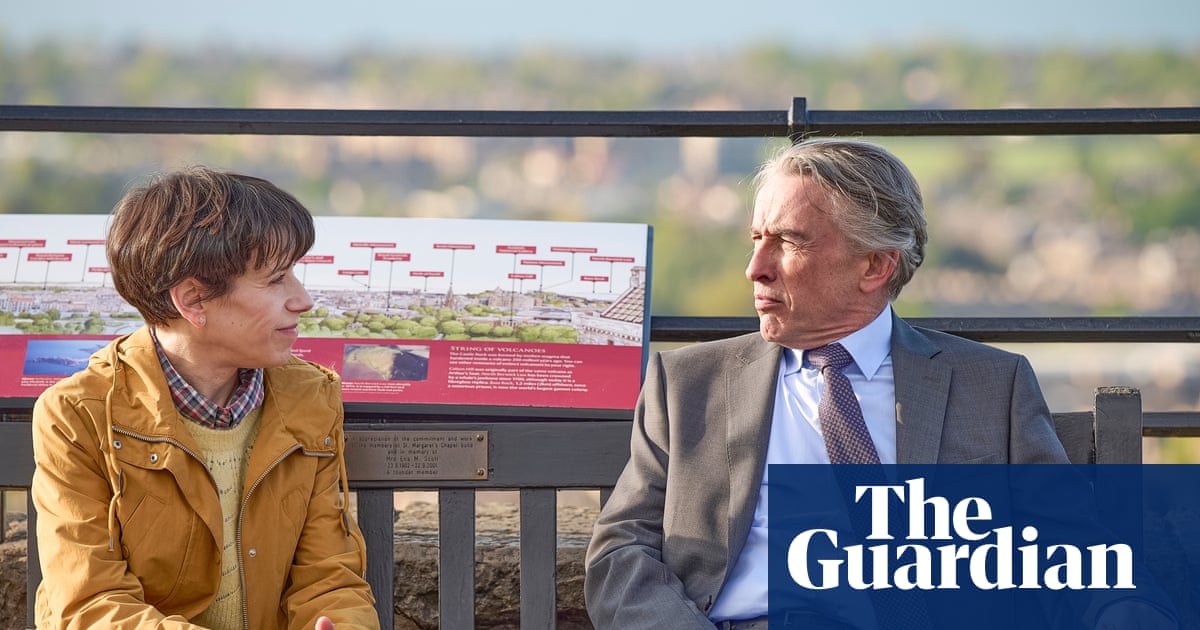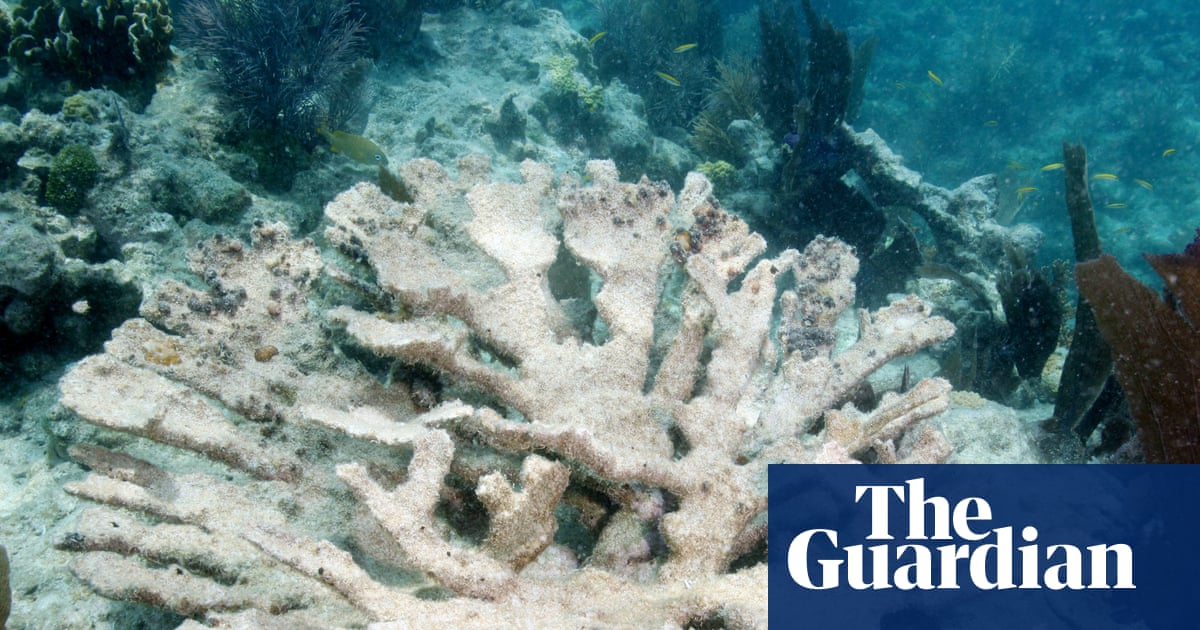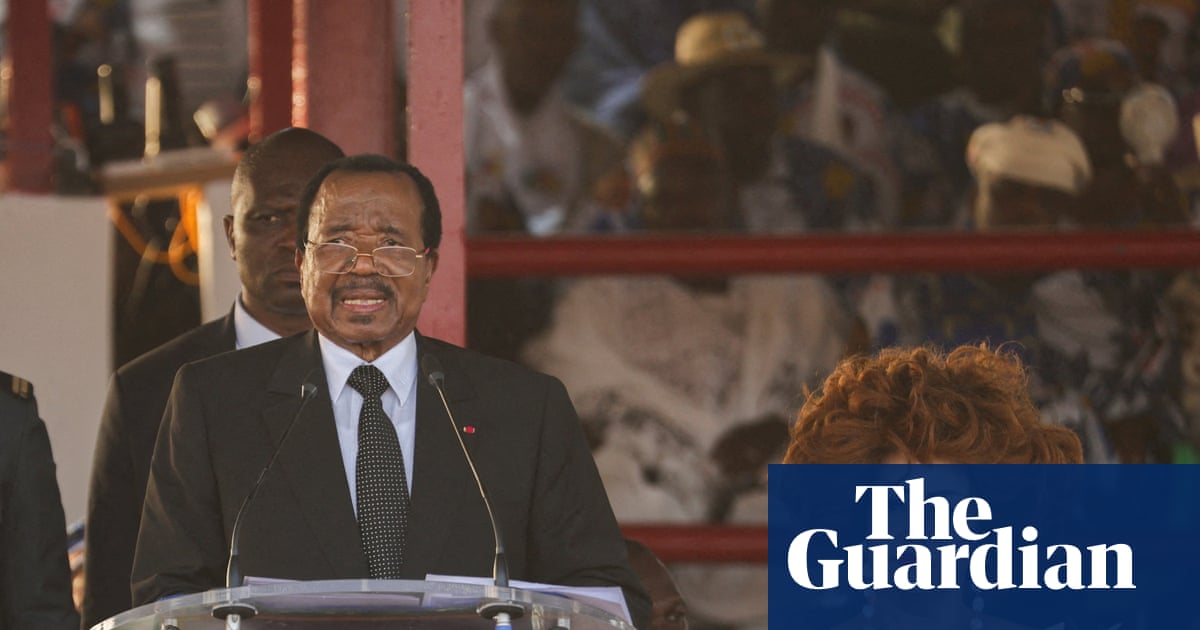Growing up on the Kenyan coast in a household filled with aunties and grandparents, one thing was clear to me: raising children is a community endeavour. Anyone could be a disciplinarian for a child if they were going astray: a neighbour’s stare could straighten your back; a cousin became your sibling if an elder said so. Children belonged to everyone and no one in particular.
To me, this has always felt like the most powerful kind of family: fluid, expansive and deeply rooted in care. As we say in Swahili: “Mtoto ni wa kila mtu” – a child is everyone’s responsibility.
Just as in my home town, African families have always been diverse, built on extended kinship systems, communal parenting and fluid roles that adapt to context and need. The notion of the nuclear family – a married heterosexual couple raising biological children in a single household, which was promoted at the recent Strengthening Families conference in Freetown, Sierra Leone, and Nairobi’s Pan-African Conference on Family Values – is not indigenous to Africa. It was imported, imposed and idealised through a combination of colonialism, missionary influence and capitalist restructuring.
Before colonisation, African cultures embraced gender diversity. For example, the Igbo and Yoruba people found mostly in present-day Nigeria did not have a binary view of gender and typically did not assign gender to babies at birth, waiting until later in life. The Dagaaba people (in present-day Ghana) assigned gender based not on anatomy but on the energy someone presents.
In Kenya, the Agikuyu people practised a tradition of women marrying other women. In a 2000 study on “woman-woman marriage” among Gikuyu women, Wairimũ Ngarũiya Njambi and William E O’Brien examine the dynamics of these relationships, which demonstrate the fluidity of gender relations and queerness in traditional Africa.
Yet most of the time, this sexual fluidity has been ignored at best, or overwritten at worst, by the Europeans who codify and mediate African history.
Lately, everywhere I look, I find myself watching the world trying to shrink us as Africans along with our values and diverse families. They are trying to flatten the vastness of our ways into tiny boxes labelled nuclear, functional or broken. It is a dangerous narrative, wrapped in the language of morality and tradition, backed mainly by fear and politics. This story is deeply centred around one kind of family: a man, a woman, a marriage certificate and two well-behaved children who take their father’s name.
But this version of family is not our truth, we are not “one size fits all”. We are people with many mothers, many fathers, many uncles and many aunts, and children with more than one home. We have been raised by aunts, grandparents and cousins, and we have lived in families where women live together to raise children communally.
after newsletter promotion
We are cousins who become brothers, and nieces who become sisters, and neighbours who go out of their way to offer discipline when children are wrong. I remember being naughty and climbing trees in my short skirt, and Mama Asha would punish me. When I sulked and complained, my mother would side with her. Mama Asha’s intervention was not seen as overstepping but protection and guidance.
The rightwing and anti-gender movements cloaked in religion and family values are pushing hard to shame families that we know and love into silence. They use pulpits, policies skewed by funding, and education systems that have a goal of speaking on morality while stripping away nuance and our African histories.
Our African families do not need to be fixed but honoured. Many amazing families are doing the work of love, care, protection and legacy, led by single mothers and fathers, grandfathers, queer parents and orphaned siblings, and yet the church and state look down on them.
How do we in the 21st century idolise a model that is built on exclusion and patriarchy and call it “God’s design”?
At Zamara Foundation, through digital media and convening grassroots communities, we are trying to understand these flawed narratives that are geared towards erasing the real “African values” conversation. The #ReclaimingFamilies media campaign was offline and online – we erected billboards across Nairobi and Uganda that had positive messages on African families, we led X and Instagram conversations and we conducted a roadshow where we asked communities what African values and families looked like to them.
All this was conducted during the Pan-African Conference on Family Values in Nairobi, attended by predominantly white and European speakers discussing African families. One of the highlights was that Africans started having conversations, and loudly condemned the invasion of Eurocentric ideology of how African families should look.
The nuclear-only view of the family is truly unAfrican. Our stories are full of women who parent without partners, boys who grow up with grandmothers, queer folk who build homes full of joy, and communities that stretch wide enough to catch whoever is falling. Those are the true African families.
-
Wambui Esther Kimani is founder and director of Zamara Foundation

 3 months ago
44
3 months ago
44

